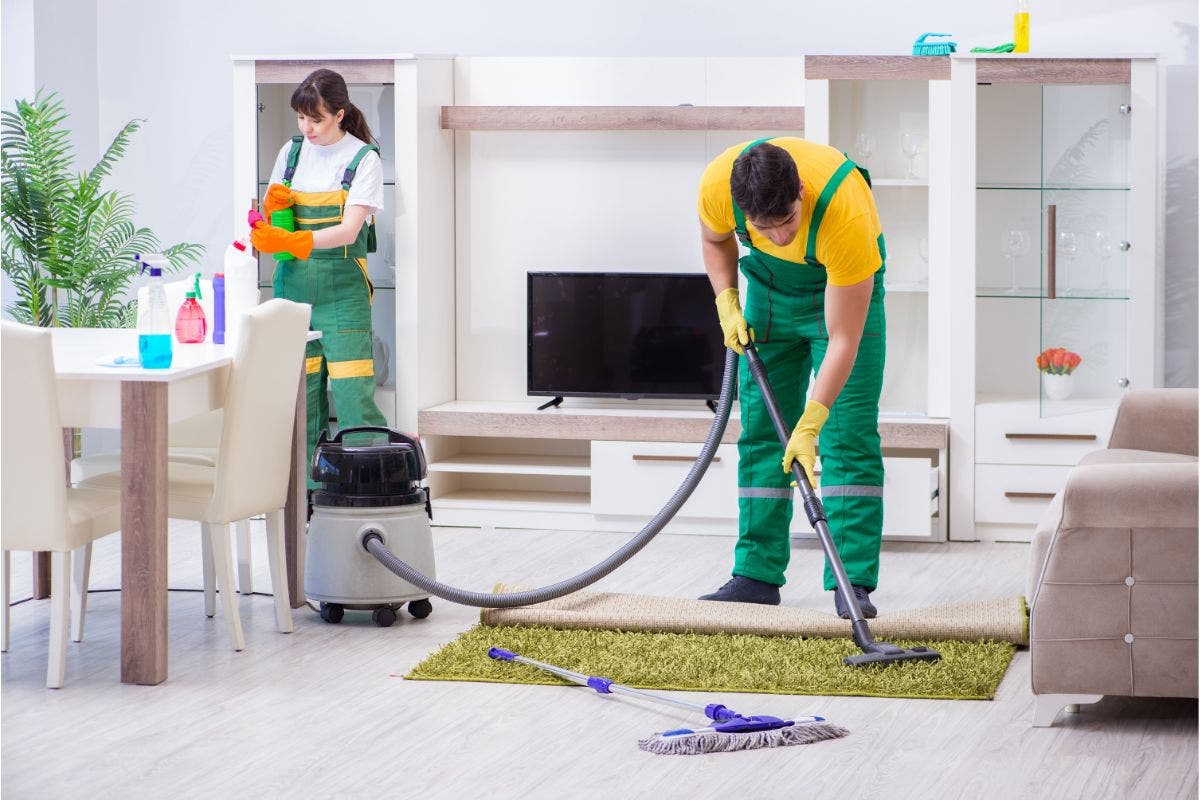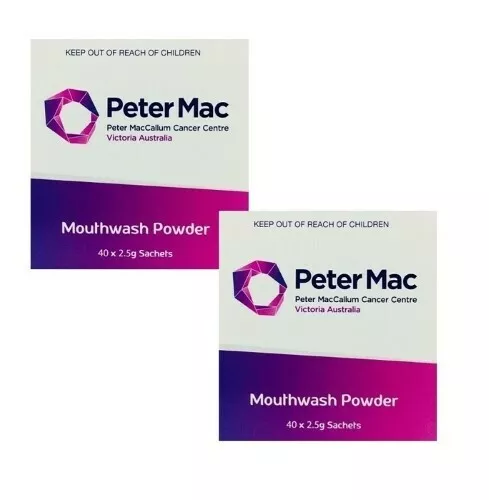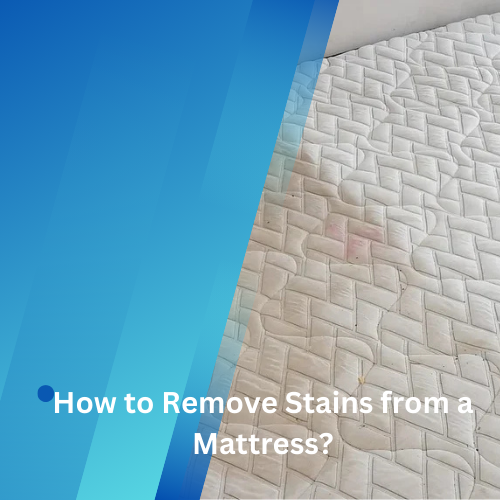Cleaning Maintaining a clean and organized home is essential for overall well-being, especially for seniors who may face physical challenges or mobility issues. A tidy environment not only promotes safety but also enhances comfort and peace of mind. Whether you’re a senior looking to simplify your cleaning routine or a caregiver seeking effective strategies to assist a loved one, implementing practical and efficient cleaning tips can make a significant difference. This guide offers helpful suggestions to foster a cleaner living space while ensuring that the process remains manageable and enjoyable for everyone involved.
House Here are some practical house-cleaning tips for seniors and their loved ones:
1. Create a Cleaning Schedule
– Break tasks into manageable segments (daily, weekly, monthly).
– Prioritize high-traffic areas.
2. Use Simple, Safe Cleaning Products
– Opt for non-toxic, easy-to-use cleaners.
3. Declutter Regularly
– Encourage decluttering to make cleaning easier.
4. Organize Cleaning Supplies
– Keep supplies in easy-to-reach locations.
– Use caddies for portability.
5. Utilize Tools for Accessibility
– Use long-handled dusters and mops.
– Consider a vacuum with lightweight features.
6. Incorporate Mobility Aids
– Use a sturdy stool for tasks that require reaching.
7. Focus on High-Impact Areas
– Pay attention to kitchens and bathrooms where germs thrive.
– Regularly clean floors to prevent slips.
8. Engage Help
– Arrange for family or friends to assist regularly.
– Consider professional cleaning services if the budget allows.
9. Set Up a Reward System
– Create small incentives for completing tasks.
– Celebrate progress to maintain motivation.
10. Stay Safe
– Use non-slip mats and adequate lighting.
By implementing these strategies, you can make house cleaning more manageable and enjoyable for seniors.
Effective Cleaning Strategies for Seniors: How to Provide Support
As seniors age, maintaining a clean and organized living environment becomes increasingly important for both their safety and well-being. However, tasks that once seemed simple can become more challenging over time. If you have an aging loved one, helping them establish a cleaning routine that’s both manageable and safe can make a huge difference in their quality of life.
In this guide, we’ll share some practical cleaning tips and strategies to assist seniors in keeping their homes clean without overexerting themselves.
1. Focus on Safety First
Safety should always be a top priority when helping seniors with cleaning tasks. Here are some safety considerations:
– Non-slip rugs: Ensure that rugs or mats are non-slip to prevent falls.
– Declutter walkways: Keep pathways clear to reduce tripping hazards.
– Accessible cleaning supplies: Store cleaning products and tools in easy-to-reach places to avoid the need for bending or stretching.
– Ergonomic tools: Consider providing lightweight, easy-to-handle cleaning tools that reduce strain, such as extendable dusters or cordless vacuums.
2. Break Tasks Into Small, Manageable Steps
Cleaning can be overwhelming for seniors if tackled all at once. For example, instead of cleaning the entire house in one day, focus on one room or specific tasks like dusting or vacuuming.
– Daily 10-minute cleaning routines: Encourage short cleaning sessions that don’t require too much physical effort, like wiping down surfaces or tidying up common areas.
– One task at a time: Focus on one cleaning task per day, such as vacuuming, dusting, or laundry. This keeps chores manageable and less exhausting.
3. Simplify the Cleaning Process
Streamlining the cleaning process can make things easier for seniors. Here are some ways to simplify:
– Use multi-purpose cleaners: Instead of multiple specialized products, use one effective multi-surface cleaner to reduce confusion and effort.
– Minimize clutter: The fewer items there are in a room, the less there is to clean. Help seniors declutter and organize their spaces to minimize dust and cleaning time.
– Focus on high-traffic areas: Prioritize cleaning areas that are used frequently, such as the kitchen and bathroom, where cleanliness is most important for health and safety.
4. Delegate Heavy-Duty Cleaning
Certain cleaning tasks may be too physically demanding for seniors, such as deep cleaning carpets or scrubbing hard-to-reach places. Family members, friends, or professional cleaning services can help with more labor-intensive chores.
– Consider hiring help: Professional cleaners or home aides can take care of larger jobs, ensuring the home stays in good condition without putting strain on the senior.
– Set up a support system: If family or friends live nearby, arrange for them to help with occasional deep cleaning or more challenging tasks.
5. Use Assistive Devices
There are a variety of cleaning tools and gadgets designed to make household chores easier for seniors. Consider investing in these assistive devices:
– Lightweight vacuums: Choose cordless or lightweight vacuums to reduce the strain of moving bulky equipment.
– Robot vacuum cleaners: For seniors who may have trouble with vacuuming, robot vacuums can help keep floors clean with minimal effort.
– Long-handled tools: Tools with long handles, like mops or dusters, can reduce the need for bending or reaching.
6. Establish a Routine
Consistency is key to maintaining a clean home without overwhelming effort. Help seniors set up a weekly cleaning schedule that balances daily tidying with more thorough cleanings. A regular routine can prevent tasks from piling up and becoming overwhelming.
– Daily tasks: Simple tasks like wiping down countertops, doing dishes, or sweeping floors can be done daily.
– Weekly tasks: Set aside time each week for vacuuming, dusting, and cleaning the bathroom.
– Monthly or seasonal tasks: Save deep cleaning tasks, such as washing windows or decluttering closets, for once a month or every season.
7. Encourage Involvement Without Overexertion
Many seniors take pride in maintaining their homes, and cleaning can provide a sense of purpose and accomplishment. Encourage their involvement without allowing them to overexert themselves. Light tasks like dusting, folding laundry, or wiping down surfaces can help them stay active and engaged without causing fatigue.
Helping seniors maintain a clean and organized home is essential for their health, safety, and well-being. By simplifying cleaning tasks, using ergonomic tools, and breaking the process into manageable steps, you can set your aging loved ones up for success. Whether they’re doing it on their own or with your assistance, these cleaning tips will help ensure that their living environment remains comfortable and safe for years to come.
Conclusion
Maintaining a clean and organized home is essential for the safety, comfort, and well-being of seniors. By focusing on safety, simplifying cleaning tasks, and using assistive tools, you can make cleaning easier and more manageable for your loved ones. Establishing a regular routine, breaking tasks into smaller steps, and delegating heavy-duty chores can help ensure their home remains a healthy and welcoming environment. Whether they’re cleaning independently or with assistance, these strategies will promote a cleaner home without unnecessary strain.




